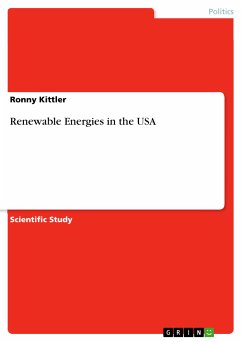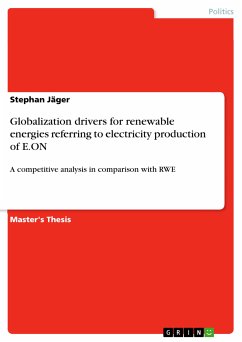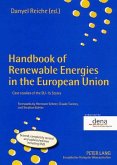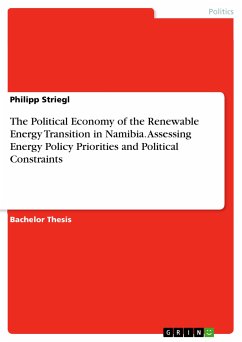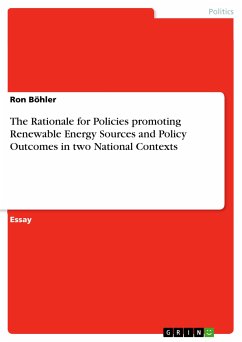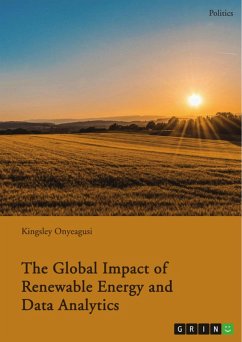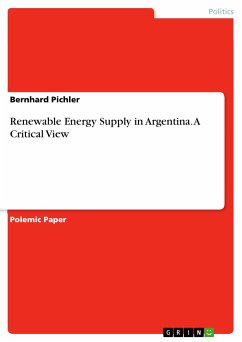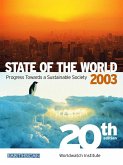Scientific Study from the year 2003 in the subject Politics - Region: USA, grade: 1,0 (A), University of Leipzig (Institute for Politcal Science), language: English, abstract: INTRODUCTION "America must have an energy policy that plans for the future, but meets the needs of today. I believe we can develop our natural resources and protect our environment." President George W. Bush (National Energy Policy, 2001) When in 2000 the negotiations over the Kyoto Protocol were proceeding, the Clinton administration showed severe reluctance to commit to another multilateral environmental regime. George W. Bush eventually pulled completely out of the Protocol - much to the disappointment and frustration of many countries which had supported the process despite their own hesitations. As a result, more attention has been paid to U.S. environmental policies that were announced in the aftermath of the U.S. withdrawal. The Bush administration announced the need for further research on climate change and aslo supported, in general, the promotion of renewable energy, particularly of hydrogen technology. As a contribution to the International Renewable Energy Conference to be hosted by Germany in Bonn from June 2 to 6, 2004, this paper seeks to examine domestic policies implemented in the United States to promote renewable energy. With respect to the constitutional division of power and differences in political strategies and programs, the paper makes a distinction between federal and state policies regarding renewable energy. The following discussion will show that, despite a reluctance on the federal level, much progress in promoting renewables on the state level has been made and is likely to continue. While the development on the state level is very promising, a comprehensive federal approach, crucial for a sustainable change in energy supply, is still missing. Chapter One briefly outlines what definition of ,renewable energy' is relevant for the paper, and which renewable energy sources are included in the discussion. After a short description of pertinent alternative energy sources, a discussion of federal attempts to further the development of renewables will follow in Chapter Two. The paper identifies federal mandates, incentives, research and development and federal programs as the four major fields of federal activity and discusses them accordingly. Chapter Three gives a comprehensive overview of the state activities regarding alternative energy sources. The paper makes a distinction between financial incentives; rules, regulations and policies; and outreach and voluntary programs to describe activities on the state level. ...
Dieser Download kann aus rechtlichen Gründen nur mit Rechnungsadresse in A, B, BG, CY, CZ, D, DK, EW, E, FIN, F, GR, HR, H, IRL, I, LT, L, LR, M, NL, PL, P, R, S, SLO, SK ausgeliefert werden.

